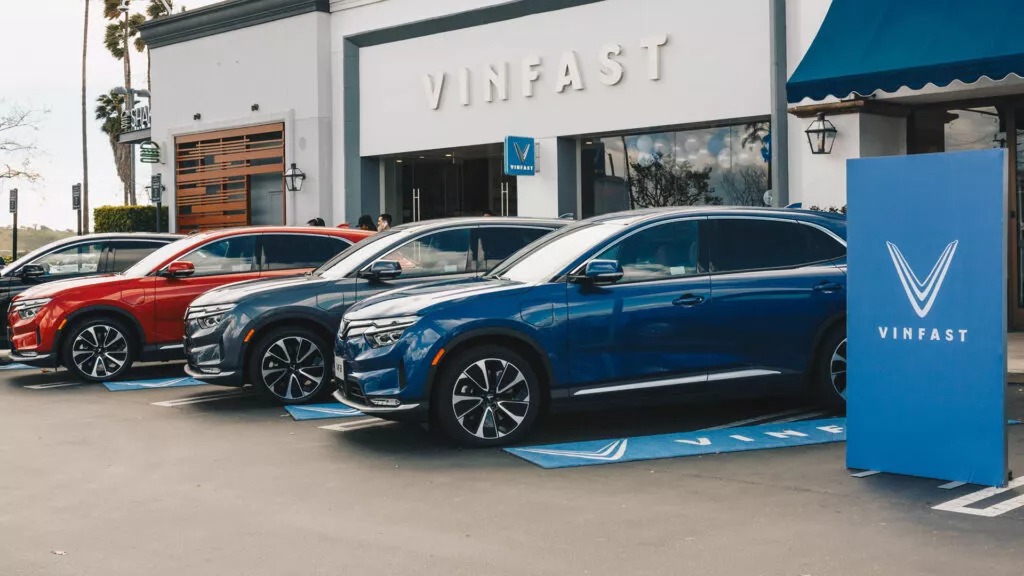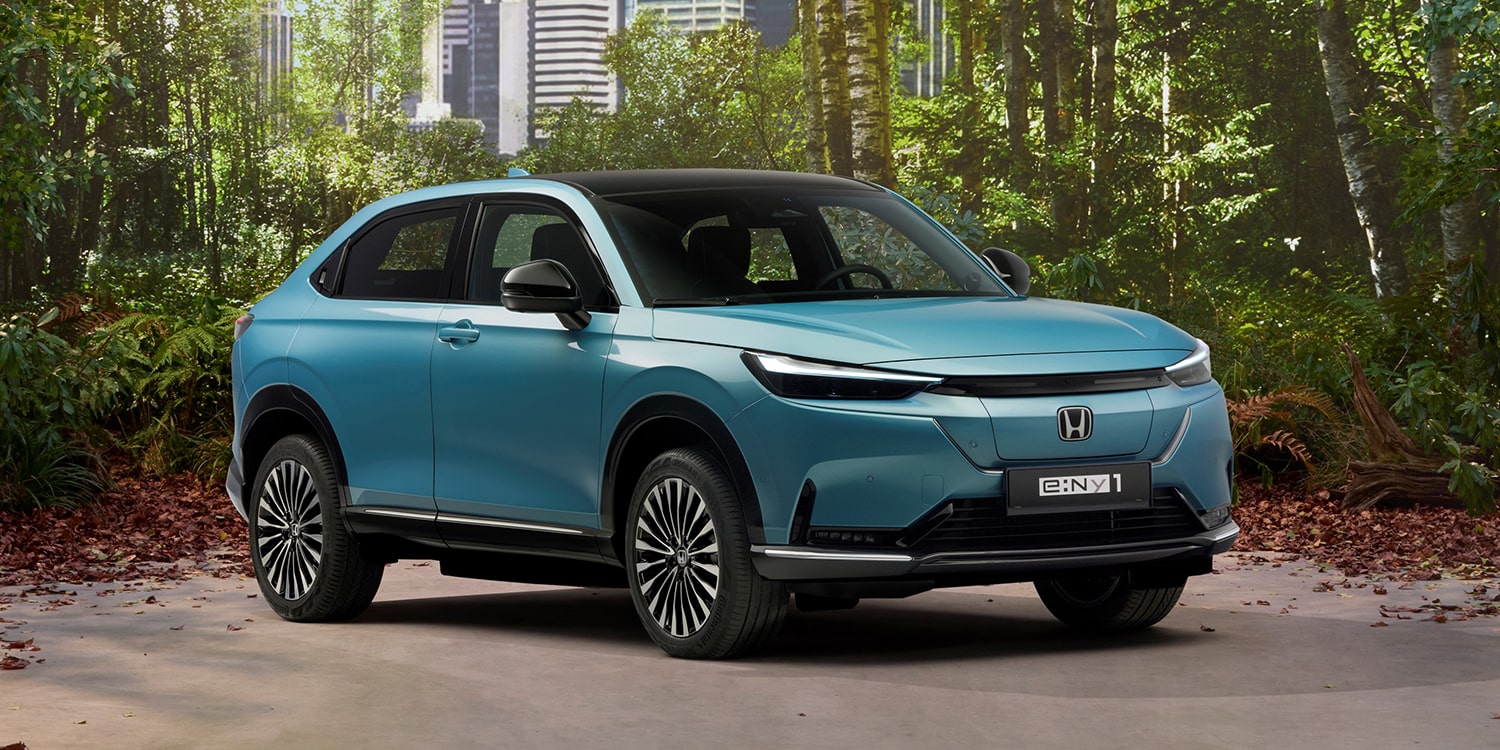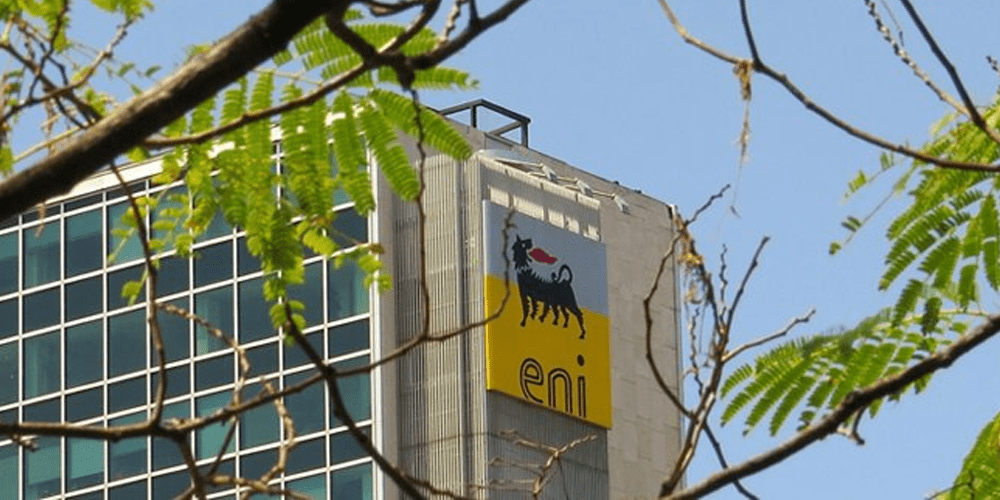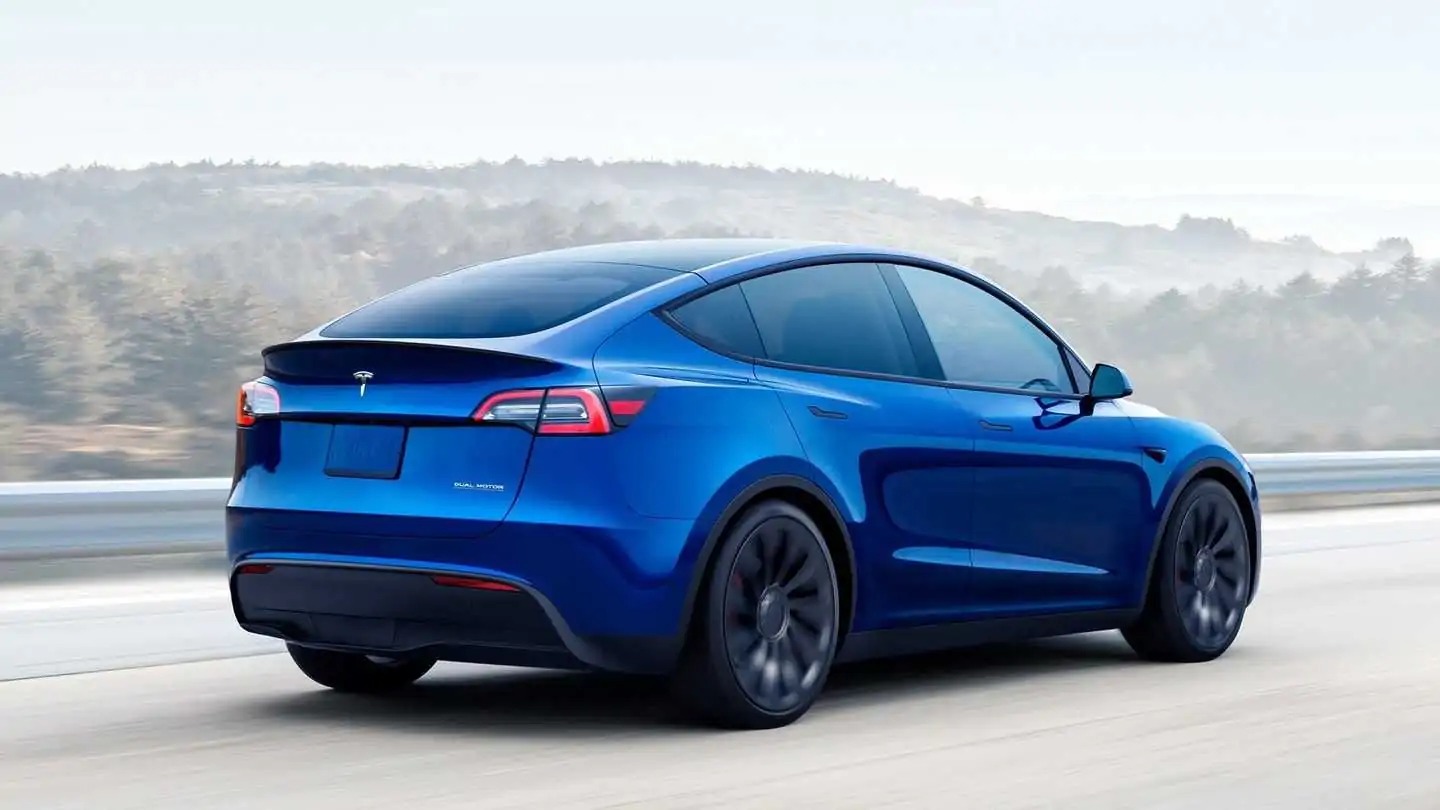Toyota is making significant adjustments to its electric car strategy in the Chinese market, aiming to accelerate the local development of electric drives and smart technology while better addressing the specific needs of Chinese customers.
The company’s plan consists of five key points. The first two involve a PR strategy, with Toyota intending to rename its largest research and development centre in China from ‘Toyota Motor Engineering & Manufacturing (China) Co., Ltd.’ to ‘Intelligent ElectroMobility R&D Center by TOYOTA (China) Co., Ltd.’ as of 1 August, known as IEM by Toyota. This centre will bring together individual engineers from the development departments of Toyota’s Chinese joint ventures with FAW, GAC, and BYD.
Tatsuro Ueda, CEO of Toyota China, highlighted the significance of the Chinese market’s rapid growth and expressed the company’s commitment to adapt and reform its operations to thrive in China. The local development promoted through IEM by Toyota aims to create competitive products that cater to Chinese customers efficiently, with the intention of sharing the development results and lessons learned not only within China but also globally.
Moving to specific objectives, the third point involves the strengthening of local development for all electrified vehicles (BEV, PHEV, HEV, FCEV) as part of Toyota’s commitment to achieving multi-pathway-based carbon neutrality. The company aims to expedite the development of electric powertrains in collaboration with suppliers Denso and Aisin, signaling its continued focus on a diverse range of powertrain technologies.
Additionally, Toyota plans to accelerate the local development of smart cockpits to enhance the user experience through interior space design and AI utilization. The company also intends to integrate autonomous driving systems and advanced safety features tailored to better suit the actual situation in China. To achieve these goals, Toyota will collaborate with local suppliers to ensure cost-effectiveness and bolster competitiveness in the Chinese market, forming the fourth point of the strategy.
Cost reduction is the fifth and final aspect of Toyota’s approach, recognizing the industry-wide concern about the relatively high costs associated with BEV drive technology. Toyota aims to streamline manufacturing costs while maintaining a strong emphasis on various drive systems, including hybrids, as part of its long-term strategy.
In April, Toyota announced plans to introduce two more battery-electric models, the bZ Sport Crossover Concept and the electric SUV bZ FlexSpace Concept, exclusively for the Chinese market. Both vehicles are set to launch in China next year, in collaboration with Chinese partners FAW Toyota and GAC Toyota.
Despite its commitment to expand its BEV lineup globally, Toyota emphasizes its intent to continue relying on diverse drive systems to provide customers with a broad range of options, including hybrid technology. This multifaceted approach reflects Toyota’s dedication to meeting the diverse demands of the ever-evolving electric vehicle market.







